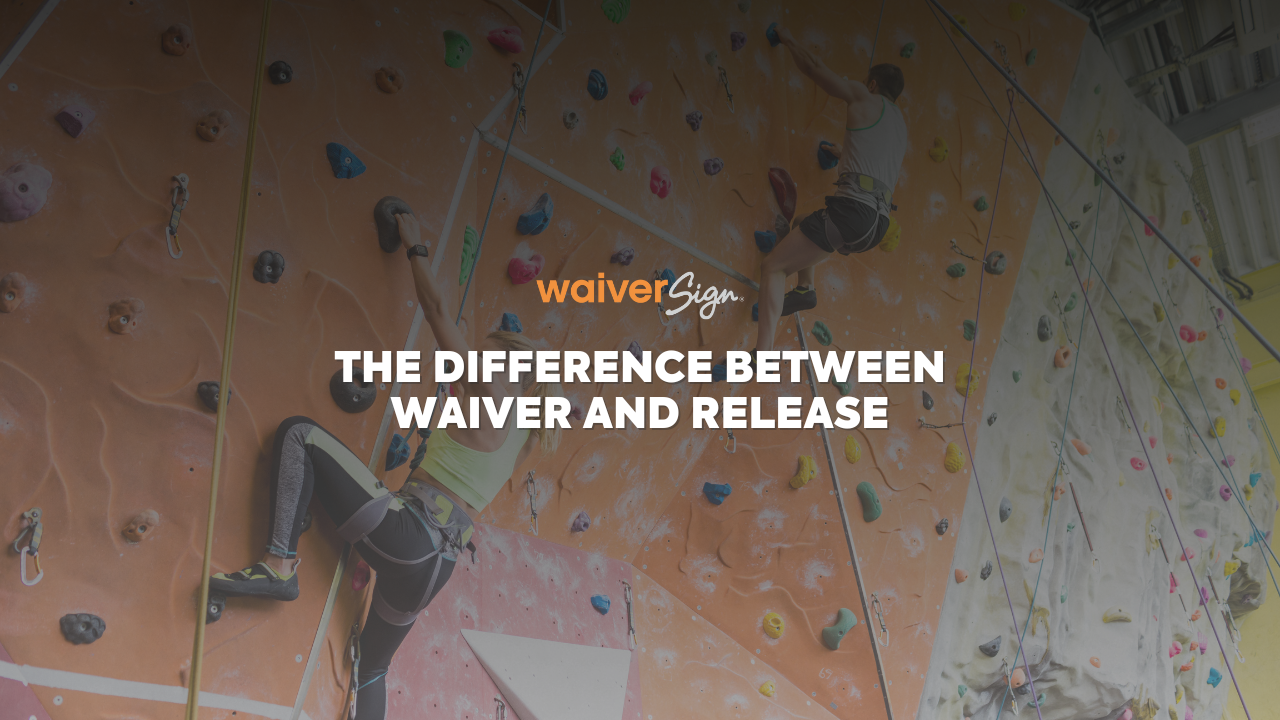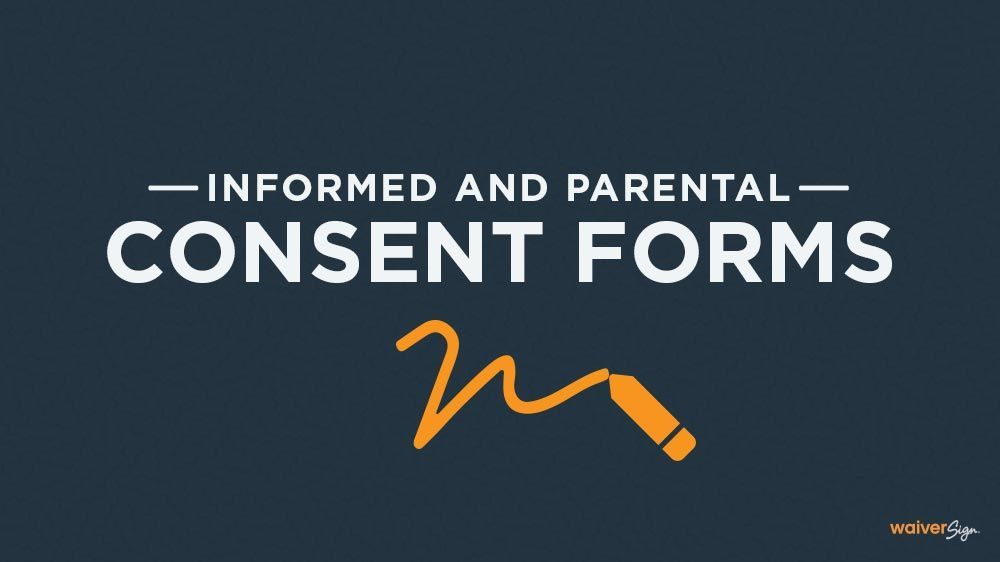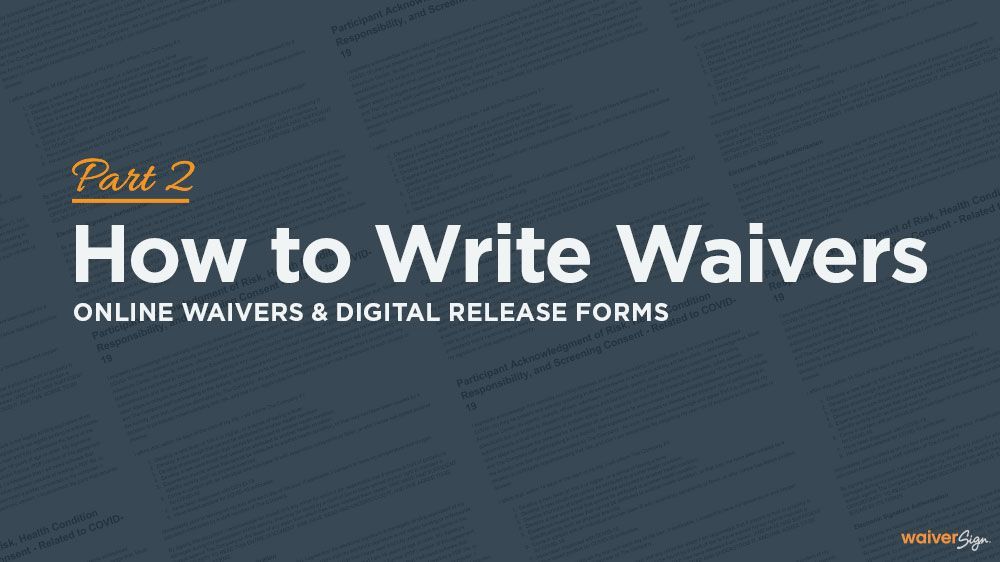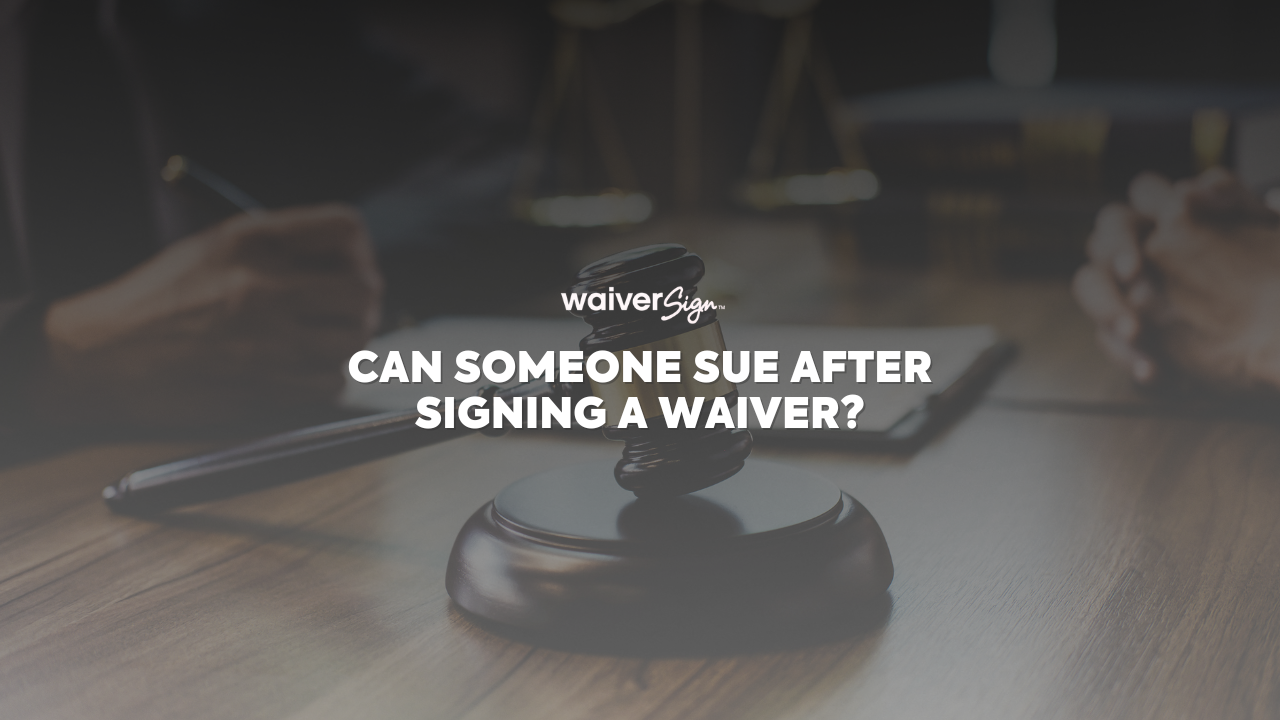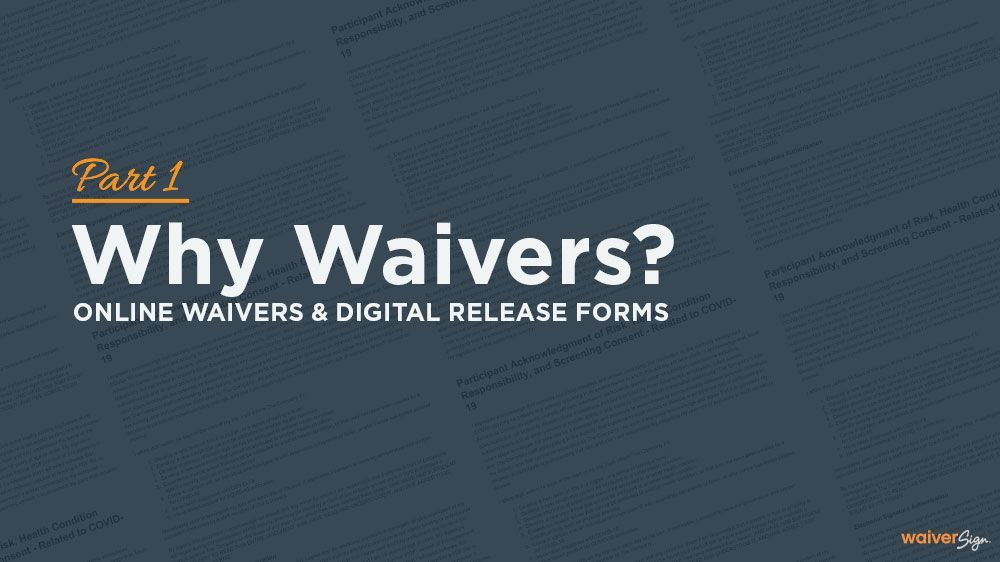Choice of Law and Forum Selection Clauses in Waivers – Do They Matter?

Leah Corrigan
A common question in my practice is: “What is the point of a clause in a waiver indicating what state’s law applies and where a lawsuit must be filed?” Such language can be at least convenient, and more likely critically important, in the event of an accident that results in a lawsuit. While these clauses are often found together, they serve distinct, though equally important functions. A forum selection clause indicates the signing party’s agreement to where they must file a lawsuit against you. A choice of law clause indicates what state’s law applies to the future plaintiff’s claims. While the importance of such clauses can vary depending on where you operate, in most cases both clauses are advisable.
In this article you will find information on:

Strategic Benefits Of A Forum Selection Clause
Simply put, for many businesses, there are strategic benefits to being sued in a “hometown” forum. On a broad scale, there can be an advantage to the local judge or jury pool being familiar with your business, particularly if the person who is suing you is from out-of-town. Familiarity often invokes a sense of trust in the local business and the people who run them, and there can also be a tendency of the “hometown” jury pool to protect businesses that are important to the local economy. Similarly, local familiarity with the type of business you run can increase the possibility that the jury or judge will better understand issues important to your defense. For example, take the case of a rafting company who operates on the Arkansas River in Colorado, where a man drowns after falling out of the boat in a class IV rapid. The people that live in the areas around the Arkansas River (who would ultimately make up the jury), are likely to have an understanding that the river can be inherently dangerous, and that if you choose to go whitewater rafting on the Arkansas River, it is possible to fall out of a boat and drown. Another illustration would be a horseback riding outfitter in the Bitterroot Mountains of Montana, who conducts a trail ride on which a woman from San Francisco was injured after getting bucked off a horse. A local jury, many of whom are likely to either ride horses or be very familiar with them, will have a more innate understanding that horses are animals and can be dangerous than a more urban jury pool. Finally, another important consideration of a forum selection clause is that it is far more convenient, and generally less expensive, to be sued in the place where you live.
What If You Don’t Have A Forum Selection Clause?
If you don’t have a forum selection clause in your waiver, it is possible to be sued in a non-local jurisdiction, particularly if the injured person is from out of state, or if you operate in multiple areas outside of where your business is headquartered. Taking the example above, an unfortunate scenario for the Arkansas River outfitter would be if the deceased man’s family is from Pennsylvania, and therefore is able to sue the outfitter in Federal Court in Denver, Colorado, as opposed to the local state court. Any advantage created by a jury pool familiar with rafting and with the outfitter’s business has now evaporated, and the costs and inconvenience of litigating the case in downtown Denver will begin to become quickly apparent to the outfitter. While I almost always include forum selection clauses in my client’s waivers, there are many factors that may mitigate for or against choosing a particular forum, and for some clients, the choices are fairly limited. The client’s particular circumstances will dictate how I advise them on this point, but the importance of the analysis cannot be overstated.

What Is A Choice Of Law Clause?
State law on various issues relevant to the operations of your business can vary, sometimes significantly. Therefore, requiring the person signing your waiver to agree to the application of a particular state’s law can create significant advantage in the event of a lawsuit. Consider a rock-climbing guide service that is based in Wyoming that also takes clients climbing in multiple states across the west. One area where the guide service takes clients rock climbing is the Sawtooth Mountain range outside of Stanley, Idaho, where the company is licensed as a climbing service with the State of Idaho. Imagine that on a Sawtooth climbing trip, a client slips on a short section of exposed traverse and falls to their death. The company uses a standard liability waiver, which the client has signed, but the company does not have a forum selection or choice of law clause in their waiver. The deceased climber’s family sues the guide service in the Federal Court in Boise. Because the climb occurred in Idaho, and the case was brought in Idaho, the guide service has lost any right to argue that Wyoming law applies to the case. The practical consequence of this could be that: 1) The waiver is deemed invalid under Idaho law as a matter of public policy (a waiver which almost certainly would have been valid under Wyoming law); and 2) The company cannot argue that the Wyoming Recreation Safety Act (which makes outdoor recreation providers immune to lawsuits based on injuries arising out of inherent risks) applies to bar the Plaintiff’s claims. Therefore, two critically important legal defenses are lost by the company’s failure to include a choice of law clause in their waiver.
While choice of law and forum selection clauses have their limits, and are not always presumptively enforceable in every state, the concepts are very important and well-worth exploring with a lawyer experienced in this area of law. The inclusion of these clauses can have a major impact on the defense of your business in the event of an accident or incident.
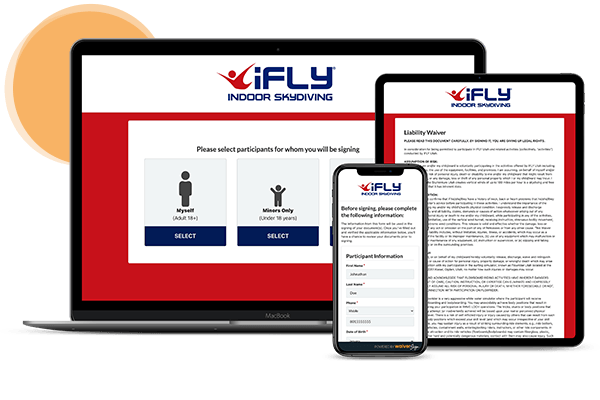
See If WaiverSign Works For You
Don't wait to make the next step in streamlining your business.
SHARE THIS BLOG POST


